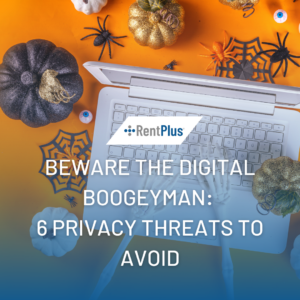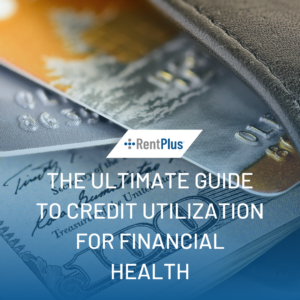Growing up is an exciting time. You get to experience a lot of awesome firsts. First driver’s license. First job. First date. First bank account. First kiss. First apartment. First credit card. There are so many exciting new things to experience as you grow from childhood to adulthood.
But there are also many firsts you might experience that aren’t as exciting. Like your first speeding ticket. First overdraft fee. First heartache. First bill. Or first bad credit score.
While some of these firsts are unavoidable, you can avoid financial struggles with a good financial education. Our financial education program, FinStrong, can help you gain better understanding about how to take control of your finances and gain financial freedom. Another great resource for financial education is to ask your parents for advice.
Your parents can give you a lot of advice about what to do and what not to do with your finances. They can provide a lot of helpful tips and feedback. They can also set you on your way towards your first financial success. Here are a few ways you can work with your parents to build credit and improve your finances.
1. Ask parents about finances.
The first thing you should do is talk to your parents about finances. Talk to them about your financial hopes and dreams. Ask them questions about things that you might be worrying about like paying for college or buying a car. Your parents can teach you about the fundamentals of responsible credit use.
2. Open a savings or checking account.
If you don’t already have a savings or checking account, it’s time to go get one. These accounts are the basic building blocks to help you understand the financial world. Your parents can help you set up an account and start practicing good financial habits. When you’re ready, get a debit card to help you practice using a card for purchases.
3. Become an authorized user on your parents’ account.
In 2010, the Credit CARD Act limited credit building options for anyone under 21 by requiring proof of independent income or having a co-signer if you want to get approved for a card in you own name.
So, one of the best ways to build a strong credit profile when you’re under 21 is to have your parents add you as an authorized user on their credit card account. If your parents have good credit, “piggybacking” on their credit will give you a good boost.
4. Open a credit card if you’re eligible.
When you’re eligible to apply for a credit card (you’ve turned 21, have a co-signer to sign with you, or have proof of independent income), then it’s time to branch out and get a credit card on your own. Before you do, talk to your parents about what’s the best option for your needs. Look for a credit card with low interest rates, great rewards, and easy-to-make payments.
Talk to your parents about the most responsible way to build your credit. Your parents can help you make a plan to pay off your credit card each month and build your credit responsibly. Start building your credit now with responsible financial decisions and you’ll be well on your way towards financial freedom.



